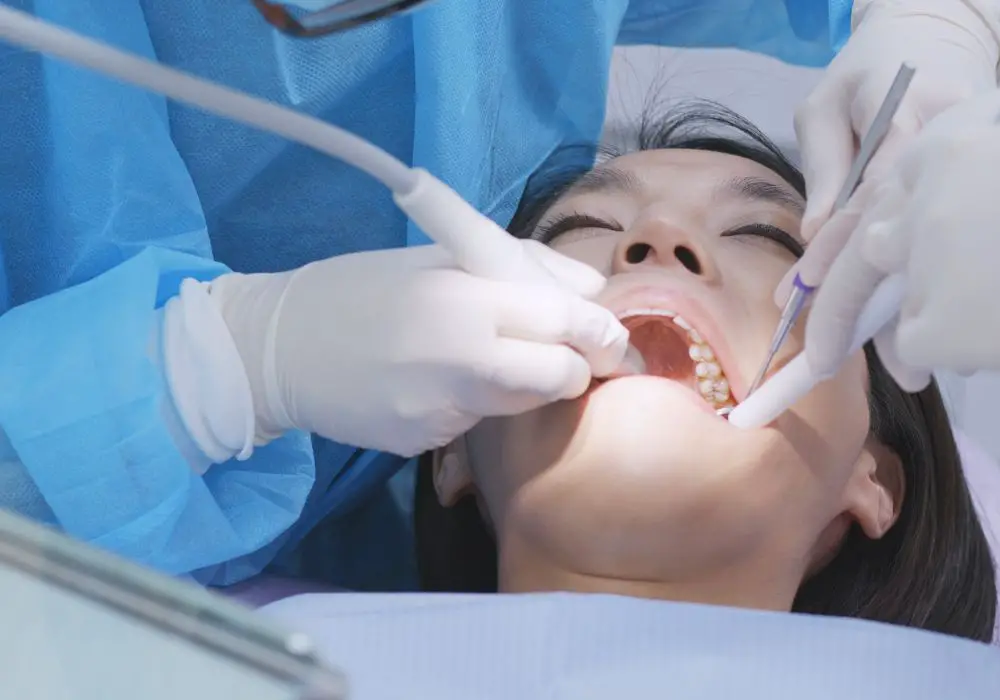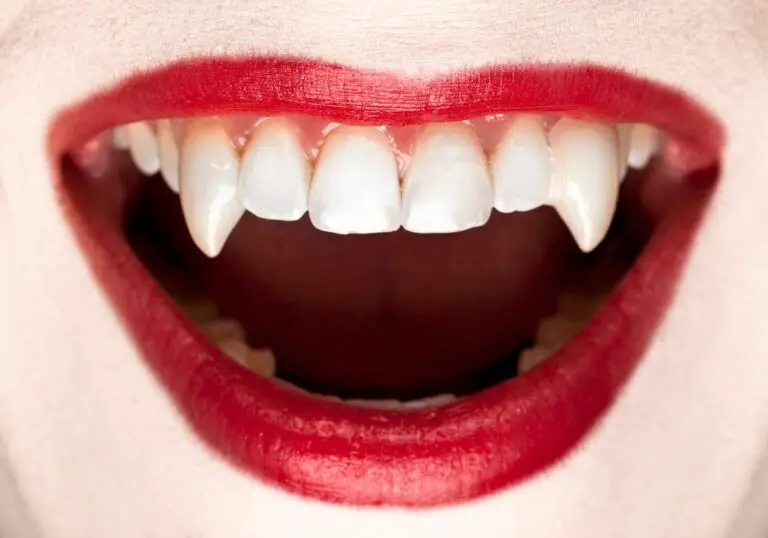Going overseas to receive dental treatment might be an appealing idea, especially when the exchange rate is in your favour. It’s tempting, but trust us, the grass isn’t always greener on the other side, and more affordable dental care doesn’t necessarily mean that you’re going to be getting the same standards or service that you’re used to.
In this article, we’ll give you a few reasons why you should avoid cheap dental treatment overseas.
Why do some people get dental treatment overseas?
 In short, dental treatment overseas is usually cheaper and easy to access in certain countries. For instance, Bali, Indonesia, is a favoured destination for tourists and digital nomads. There, tourists can go to the dentist and pay a walk-in fee or have their international medical insurance cover their costs. For some dentists, the consultation fee was as low as 200,000IDR (less than $20 in Australia). In comparison, average dental consultations in Australia can cost anywhere from $200 upwards.
In short, dental treatment overseas is usually cheaper and easy to access in certain countries. For instance, Bali, Indonesia, is a favoured destination for tourists and digital nomads. There, tourists can go to the dentist and pay a walk-in fee or have their international medical insurance cover their costs. For some dentists, the consultation fee was as low as 200,000IDR (less than $20 in Australia). In comparison, average dental consultations in Australia can cost anywhere from $200 upwards.
There are other reasons people get dental treatment overseas, though. For instance, sometimes a cavity can act up, or you chip a tooth you’re travelling. In these cases, going to a dentist overseas is an immediate solution to your dental issue, but it’s not done properly by a professional with your dental history. Don’t take chances unless it’s an emergency; rather, wait and go to your own dentist at home.
10 Reasons to Avoid Cheap Dental Treatment Overseas
There are many reasons as to why we’d suggest avoiding going to the dentist overseas if possible. Here are a few of those reasons:
1. Different standards of care
In the context of going from a first-world to a third-world country for dental care, as a whole the standard of healthcare would be significantly less or at least different to the expected standards in Australia. The Australian Dental Associate has warned travellers about the possible risks of getting dental treatment outside of the country, especially since some countries aren’t as strict on certain dental practices and health regulations as Australian dentists might be.
When you visit your local dentist, you’re assured that they’re a qualified dentist, having gone through years of studies and having to pass QIP accreditation and other accreditations like it. With these qualifications and accreditations, you can trust the standard of service you’re getting. Other countries have completely different systems with different requirements, so you never know how qualified the dentist is.
2. Cheaper materials
Another reason why dental solutions overseas may be cheaper is because they use cheaper materials. Getting a filling isn’t a fun experience, and to have it fall out after the first few months can be pretty disappointing. Qualified dentists in Australia have to stick to strict material standards regarding what they can use in their practice. This ensures that you’re always getting high-quality materials when you have work done on your teeth. Whether you’re having a filling or having your wisdom teeth pulled, all the medication, tools, and materials used in the process would have gone through rigorous testing to be approved for use.
3. Communication problems
Language barriers can be a real challenge when it comes to medical situations. For one, you might not be able to fully communicate your issues with the dental practitioner in the country you’re visiting. This could lead them to misdiagnose the problem and treat it incorrectly.
The same goes for the other side, you might not understand instructions given by the dentist which could cause a misunderstanding or a possible accident. Yes, translation apps have improved greatly over the last few years and even more so with AI, but they’re still limited to a degree. You don’t want communication problems to be the reason for a dental issue.

4. There are limited options
If you’re getting dental treatment on a budget, be prepared for more limited options compared to what you’re used to at your local dental clinic. Treatments might be standardised based on what the dentist prefers or has available rather than made to meet your specific needs and preferences at that time. This could also mean using a material you don’t like for a crown, filling, or other restorations and possibly not having access to services you previously took for granted, such as being sedated or having decent pain relief.
5. There’s a higher risk of complications
Going for dental treatments abroad, particularly in a rush, can lead to an increased risk of complications. You’re also potentially exposing yourself to less professional practices or lower standards of practice, which also increases the risk of complications. Often, Australians would go overseas for more complex dental procedures like surgical tooth extraction because they’re more affordable, but the complex nature of these procedures combined with the standard of dental care in the country you go to could pose a significant risk to your dental health.
In Australia, the dental industry prioritises reducing clinical risks and ensuring patient safety. However, overseas patients might not find the same attention to detail and caution shown regarding potential risks.
7. Limited aftercare
At home, you have the comfort of a dentist, you know. In most cases, when dentists do a serious procedure, they schedule a follow-up with the patient to ensure that what they did worked and to check their health. With dentists overseas, you don’t have that luxury.
Say, for instance, you have a tooth pulled and later the whole left gets infected leading you to need emergency dental care. The dentist you went to might not be able to see you, leaving your standard and in need of help. This is a radical example, but you get the gist of it.
8. Limited financial assistance
Finally, while dental care overseas might be cheaper, it’ll all come out of your own piggy bank unless you have the right international medical insurance to cover your dental care while you travel, which will also cost a pretty penny, most likely. Unfortunately, many insurance companies tend to avoid offering dental coverage to tourists because of the risks involved. However, in Australia, there are health funds and other government benefits that can ease the financial burden on you for general dental services.
Final Thoughts
The temptation to go for dental work in another country because it’s significantly cheaper is real, but the risks far outweigh the rewards. Your oral hygiene has the potential to affect your overall health, so be careful about who you let work on your pearly whites.






